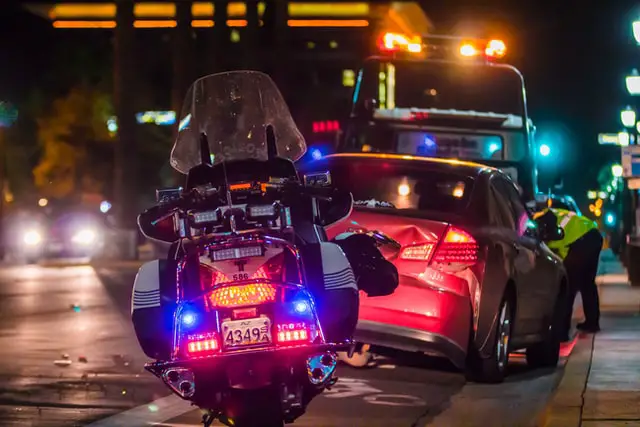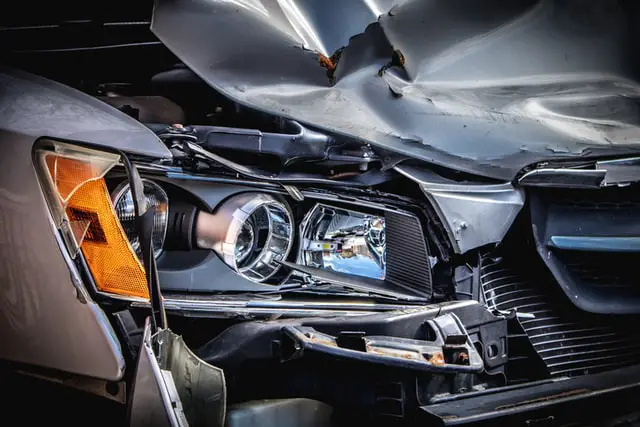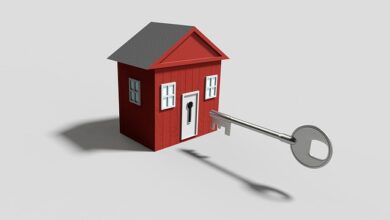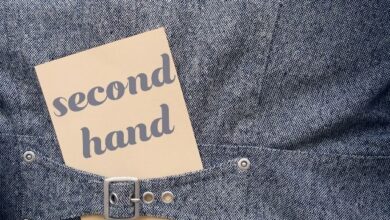8 Essential Things to Do Immediately If You Get Involved In a Car Crash

When you’re involved in a car accident, the moments that follow can be tense and confusing. You may feel shaken up and unsure of what to do next. However, your actions after a car accident can have a major impact on your injury claim and the amount of compensation you ultimately recover.
Therefore, regardless of how minor you think the car crash was, it’s important to take certain steps afterward to ensure your safety and well-being, as well as to protect your legal rights and thus make the situation as manageable as possible. In this article, we will outline eight essential things you must do immediately after getting involved in a car crash.
Call a Lawyer
After you have exchanged information with the other driver, called the police, and taken photos of the accident scene, the next step is to call a lawyer. Experienced car accident lawyers can help you navigate the legal process and ensure that your rights are protected. They can also help you obtain fair compensation for your injuries and damages. If you were injured in the accident, you may be entitled to medical expenses, lost wages, pain, and suffering, and more. A lawyer will fight to get you the maximum compensation possible. And if you are dealing with an insurance company, a lawyer can handle all the paperwork and negotiations for you, so you can focus on healing. In addition, if you were charged with a DUI, you will need to consult with a DUI lawyer. DUI lawyers can help you understand the charges against you and build a defense to fight for your rights.
Check for Injuries and Seek Medical Attention
The first thing you should do after a car accident is to check yourself and your passengers for injuries. Even if you don’t think you’re injured, it’s important to get checked out by a medical professional as soon as possible. Some injuries, such as whiplash, may not present themselves until hours or even days after the accident. If anyone is injured, call 911 right away so that an ambulance can be dispatched to the scene. Don’t try to move an injured person unless they are in immediate danger, as this could exacerbate their injuries.
Move to a Safe Location
Once you have determined that everyone is okay, the next step is to move your vehicle to a safe location, if possible. If your car is operational and can be driven, pull over to the side of the road or into a nearby parking lot. Turn on your hazard lights to warn other drivers. If your car is not operational or it would be unsafe to move it, stay inside your vehicle with your seatbelt fastened and wait for emergency personnel to arrive. However, if you’re in a traffic lane or shoulder and it would be too dangerous to remain in your vehicle, you should exit your car and move to a safe location, such as the side of the road or a nearby sidewalk. Just be sure to exercise caution when exiting and re-entering the roadway.
Call the Police
Even if the car accident seems minor and there are no injuries, it’s important to call the police. The responding officer will create an official report of the accident, which can be useful later on if you need to file an insurance claim or personal injury lawsuit. The police report will contain important information such as the names and contact information of any witnesses, the make and model of the vehicles involved, and the badge number of the responding officer. It will also note any traffic violations that may have contributed to the accident. This report can be used as evidence in your case.
Exchange Information with the Other Driver
Once the police have arrived and are dealing with the accident, you should exchange information with the other driver. You will need to obtain their name, contact information, driver’s license number, insurance company, and policy number. It’s important to get this information from the other driver – don’t rely on their insurance card as it may not be up to date. You should also give them your name, contact information, and insurance company and policy number. If there are any witnesses to the accident, get their names and contact information as well.
Take Photos of the Scene
If you have a camera or camera phone, take pictures of the accident scene. Be sure to get photos of the damage to both vehicles, as well as any injuries that may have been sustained. If there are any skid marks on the road, take photos of those as well. It’s also a good idea to take photos of the surrounding area, such as street signs or landmarks, to help identify the location of the accident. Any photos you take can be used as evidence in your case. Just be sure not to move your vehicle until the police have had a chance to document the scene.
Call Your Insurance Company
Even if you don’t plan on filing a claim, you should still call your insurance company to let them know about the accident. Most insurance policies require policyholders to notify the company of any accidents, regardless of who was at fault. If you fail to do so, your rates could increase and your coverage could be in jeopardy. When you call, be sure to have all the relevant information handy, such as the other driver’s name, contact information, insurance company, and policy number. Also, keep in mind that insurance adjusters are trained to minimize the amount of money paid out on claims. As such, it’s important not to give them any information that could be used against you. Just give them the basics and let your lawyer handle the rest.
Be Careful with Your Words
After you’ve been involved in a car accident, it’s important to be careful with your words. Anything you say can be used against you, so it’s best to avoid making any statements about the accident, whether to the other driver, the police, or your insurance company. If you must speak to someone about what happened, stick to the facts and avoid making any assumptions or speculations. For example, don’t say something like “I’m sorry, I didn’t see you coming.” Even if you believe it was your fault, admitting fault at the scene of the accident can be used against you later on. It’s best to let your lawyer do the talking for you.

Even though the aftermath of a car accident can be both confusing and stressful, if you take the time to familiarize yourself with the process, and follow the steps outlined above, you can help ensure that your rights are protected and that you obtain fair compensation for your injuries and damages. And if you have any questions or need assistance, don’t hesitate to contact a qualified car accident lawyer in your area. This way, you can focus on healing and moving on with your life.





